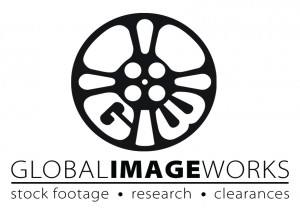Cathy Carapella makes it very simple:
Most people hear a song and think of it as a single entity as in “Wow, that song was great”. But people who clear music for a living think differently. A clearance professional knows that every song is comprised of two unique copyrights: The musical composition & the sound recording.
A musical composition is the brainchild of the songwriter. When faced with a blank sheet of paper, these incredibly talented people tell their stories in lyrical form and then compose accompanying music. At the business end of the songwriting stick are the music publishers. They represent and administer the creative endeavors of their songwriting clients.
A sound recording is created when an artist or group gets together, performs a musical composition and the performance is recorded. Traditionally, artists are signed to a record company. The record company pays the artist and pays for the recording session. Thus, the record company owns and represents the rights to the sound recording.
The first step in the music clearance process is to understand that when you want to use a “song” in your production; you need to clear two (2) copyrights; the musical composition & the sound recording.
The next step is to figure out who represents the copyright(s) you want to use.
Web sites such as; www.BMI.com, www.ASCAP.com and www.allmusic.com are useful when you’re doing copyright research.
Now you need to contact the company that represents the copyright(s) you want to use, request permission and make a deal. Your request should contain; the title of the copyright you’re clearing, a description of how it’s being used, the term of use you’re requesting (i.e. 10 years), the territory in which you plan to distribute the new work (i.e. worldwide) and the media in which the final work will live (i.e. streaming on the Internet).
It’s amazing how such a simple process can get complicated so quickly. Obstacles like a musical composition having multiple owners or not being able to find the record company you need to contact are sometimes an unavoidable part of the clearance process. As long as you keep solving the problems, clearing the hurdles and asking the right questions, you will succeed. If details and persistence isn’t your thing, you should seriously consider hiring a music clearance professional. The time, money and angst they will save you is invaluable.
Last but not least, put clearances first. The best time to address music clearances is in the Pre-production or Production phase of your project. If you wait until Post-Production to begin the music clearance process, you’re more likely to run out of time and money.
For more information about rights & clearances visit: http://globalimageworks.com/rights/Practical%20Guide.pdf
“Today in Music History”.

